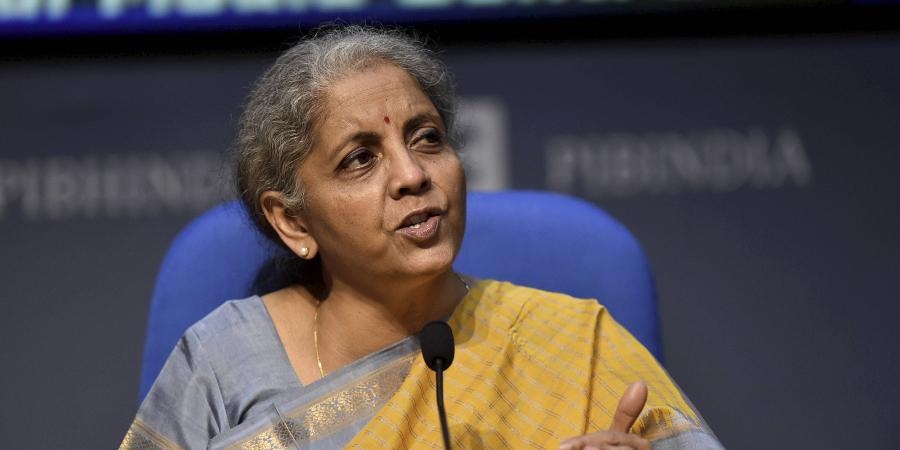Yesterday the Modi government took a very courageous step of reduction in the interest rate on small savings schemes that include savings deposits, fixed-term FDs, National Savings Certificate, Public Provident Fund, Senior Citizens Savings schemes and others. The substantial cut in the interest rate was expected to bring the deposit rates down, thus the cost of EMIs drops significantly lower than what they are today.
However, the Finance Ministry backtracked on the decision within hours after the protest from the government employees and senior citizens. “Interest rates of small savings schemes of GoI shall continue to be at the rates which existed in the last quarter of 2020-2021, ie, rates that prevailed as of March 2021. Orders issued by oversight shall be withdrawn,” tweeted the Finance Minister today.
Interest rates of small savings schemes of GoI shall continue to be at the rates which existed in the last quarter of 2020-2021, ie, rates that prevailed as of March 2021.
Orders issued by oversight shall be withdrawn. @FinMinIndia @PIB_India— Nirmala Sitharaman (Modi Ka Parivar) (@nsitharaman) April 1, 2021
The decision to backtrack is very uncharacteristic of the Modi government which has not ceded a single inch on the farm laws despite huge protest.
All reforms are opposed by a certain group of people who are the beneficiaries of the existing system. For example, the opposition to farm laws primarily came from Haryana, Punjab and Western Uttar Pradesh which were beneficiaries of the existing system – at the expense of farmers from poorer states like Bihar, Madhya Pradesh and other parts of the country.
Similarly, the lowering of interest rate on small saving schemes met with stiff resistance from government employees – those in service as well as the retirees.
I was just filling in my papers for Pension & wondering whether considering these steeply falling deposit rates, Commutation of Pension is still a good idea or not. So far, more than 90% retiring government employees used to opt for Commutation.
Stock markets not my ballgame 🙁
— Sanjeev Gupta (@sanjg2k1) March 31, 2021
“I was just filling in my papers for Pension & wondering whether considering these steeply falling deposit rates, Commutation of Pension is still a good idea or not. So far, more than 90% retiring government employees used to opt for Commutation. Stock markets not my ballgame,” tweeted Sanjeev Gupta, a bureaucrat who has held many senior positions in the government including Home Secretary.
Anil Swarup, another retired bureaucrat who held many senior positions, was not happy with the government’s decision.
Lowest ever PPF rate at 6.4%. Is it good enough to even cover annual inflation? pic.twitter.com/TT0vtexH3m
— . (@swarup58) March 31, 2021
The government employees – retired as well as those in service – usually keep their money in the fixed deposits or small savings schemes because they do not want to acquire skills to invest in stock markets, and also are risk-averse.
Therefore, they keep money in savings accounts or small savings schemes. If one is taking less risk, as per the natural order, returns should also be less. However, in the case of small savings schemes, the government gives as high as 8 per cent interest rates because the government employees, who decided these rates, keep their interests above that of taxpayers and the country.
High-interest rates on small saving schemes start a vicious cycle because it forces the banks to keep deposit rates high (otherwise all deposits would move to small savings schemes), thus the lending rates also remain high. Despite the reduction in the Repo rate by RBI in the last few months, there has been very little monetary transmission because the banks are getting deposits at higher rates, thus high lending rates.
A fall in lending rate would ensure the corporates as well as individuals get loans at cheaper rates and invest in the economy – which will lead to higher growth and job creation. However, due to lobbying from the government employees, the interest rates have not been reduced substantially (despite the fall in inflation) and this is proving to be harmful to the economy. The Modi government should not have backtracked from the decision amid the pressure from the government employees.
